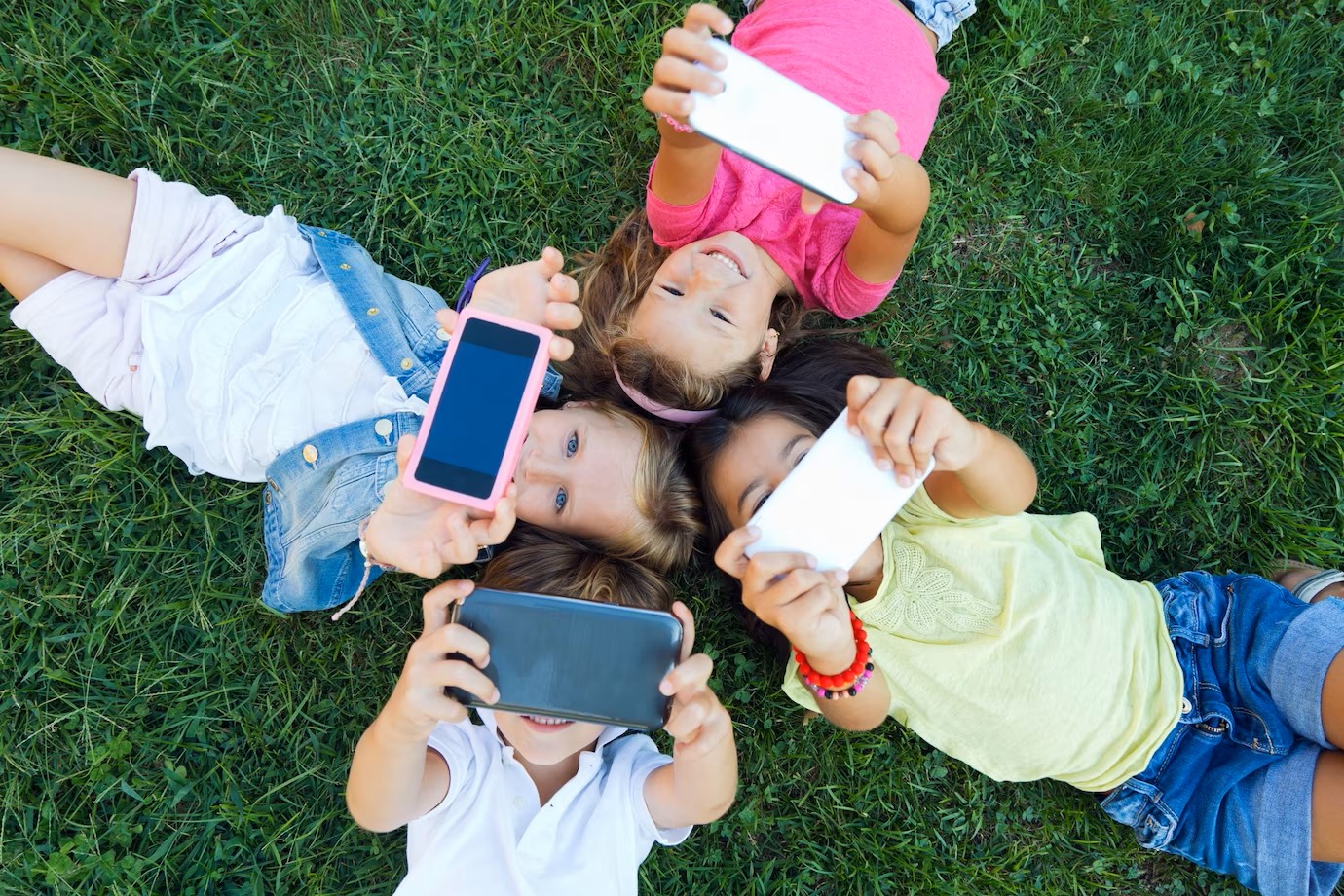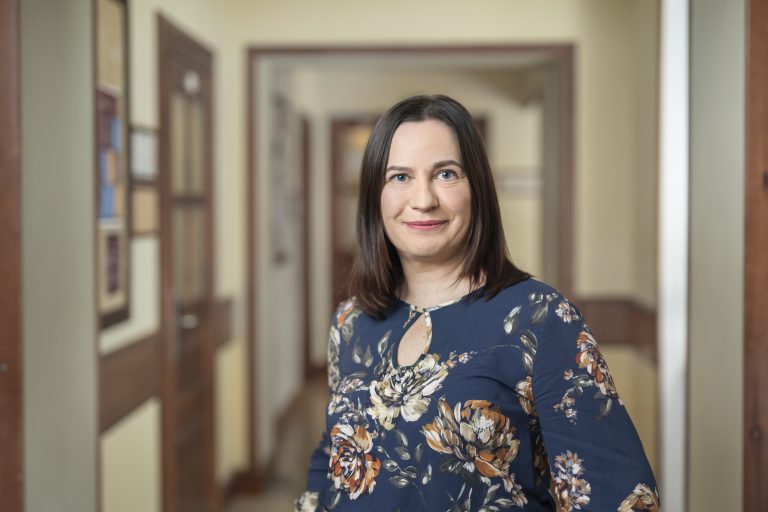Vilnius University Researchers’ Study Shows Limiting Screen Time for Children Is Essential
 An interdisciplinary team of researchers from Vilnius University (VU) Institute of Psychology at the Faculty of Philosophy and the Department of Pediatric Diseases at the Faculty of Medicine has been studying the long-term effects of screens on the mental and physical health of Lithuanian children between the ages of 2 and 14. The study included over 900 children (their parents) and over 400 healthcare professionals. The results show that screen time is significantly associated with children’s and adolescents’ development, cognitive abilities, willingness to learn, and educational achievement.
An interdisciplinary team of researchers from Vilnius University (VU) Institute of Psychology at the Faculty of Philosophy and the Department of Pediatric Diseases at the Faculty of Medicine has been studying the long-term effects of screens on the mental and physical health of Lithuanian children between the ages of 2 and 14. The study included over 900 children (their parents) and over 400 healthcare professionals. The results show that screen time is significantly associated with children’s and adolescents’ development, cognitive abilities, willingness to learn, and educational achievement.
“We are unequivocal in saying that it is not only possible but necessary to limit screen time. Prolonged screen use is associated with poorer physical, emotional, and mental health, willingness to learn, and achievement in school-age children,” says the study leader, Prof. Dr. Roma Jusienė, Director of the Institute of Psychology, VU. “Preschoolers who are more likely to engage in screen-based activities have lower independence and language and sensory cognitive abilities, while their auditory memory and visual-motor abilities decline in primary school age.”
According to the Professor, it has been found that the longer preschool children were using screens and the more background TV they had at home, the poorer their self-regulation abilities were after two years. Their sleep quality also suffers. Children with emotional problems or learning difficulties, or those with lower abilities, tend to be overly involved in online activities and are at higher risk of excessive screen use. “We have seen a great need to raise awareness among general practitioners and other healthcare professionals and educators about the damage to physical and mental health caused by the excessive use of screen-based devices,” the study leader noted.
Professor Dr. R. Jusienė also pointed out that healthcare professionals should be sure to ask children and their parents about their screen use habits and advise them to take care of their own and their children’s and adolescents’ digital literacy skills when dealing with children’s somatic complaints such as stomach pains, headaches, nausea, and other ailments, as well as with obesity, sleeping problems, anxiety, and the like.
The research team has developed a package of prevention and harm reduction measures and targeted recommendations for professionals, parents, and children and adolescents, thus aiming to assist healthcare professionals. These are tips on what each of them CAN do to change their screen habits so that they don’t have negative effects on their physical or mental health.
The average permissible or recommended duration of use of information technology devices with screens for children of different ages is: 1) preschool children (2-5 years), up to 1 hour per day; 2) primary school children (6-10 years), up to 2 hours per day; 3) young adolescents (11-14 years), up to 3 hours per day.

Professor Dr. R. Jusienė. Gedmantas Kropis / BNS photo
Children under the age of two are not recommended to use any screen-based IT devices except for remotely communicating by video with a close family member. Use of the screens beyond the recommended duration is considered excessive or likely to have an adverse effect.
It has been observed that the more consistently parents apply screen-use rules to their children, the shorter the children’s screen time is. Children of parents who spend less time using screens and do not have as much TV background also have shorter screen time.
“Children with the lowest motivation to study and the lowest learning achievements are those living in environments that lack rules. Furthermore, over-involvement with the internet, to the detriment of children’s other daily activities and learning, is also predicted by a more “positive” parental attitude. That is, if parents believe that internet use does not harm their child’s health and relationships, their children are at a higher risk of problematic internet use,” Professor Dr. R. Jusienė notes.
Full results of the research are available here.
The study was funded by the Public Health Promotion Fund (contract No. (1.80 E) SU-2498).
The project was carried out by researchers from the Institute of Psychology at the Faculty of Philosophy and the Faculty of Medicine, project leader Prof. Dr. Roma Jusienė, project executors: Dr. Edita Baukienė, Dr. Rima Breidokienė, Prof. Dr. Ilona Laurinaitytė, Lina Lisauskienė, Dr. Rūta Praninskienė, Prof. Dr. Vaidotas Urbonas.